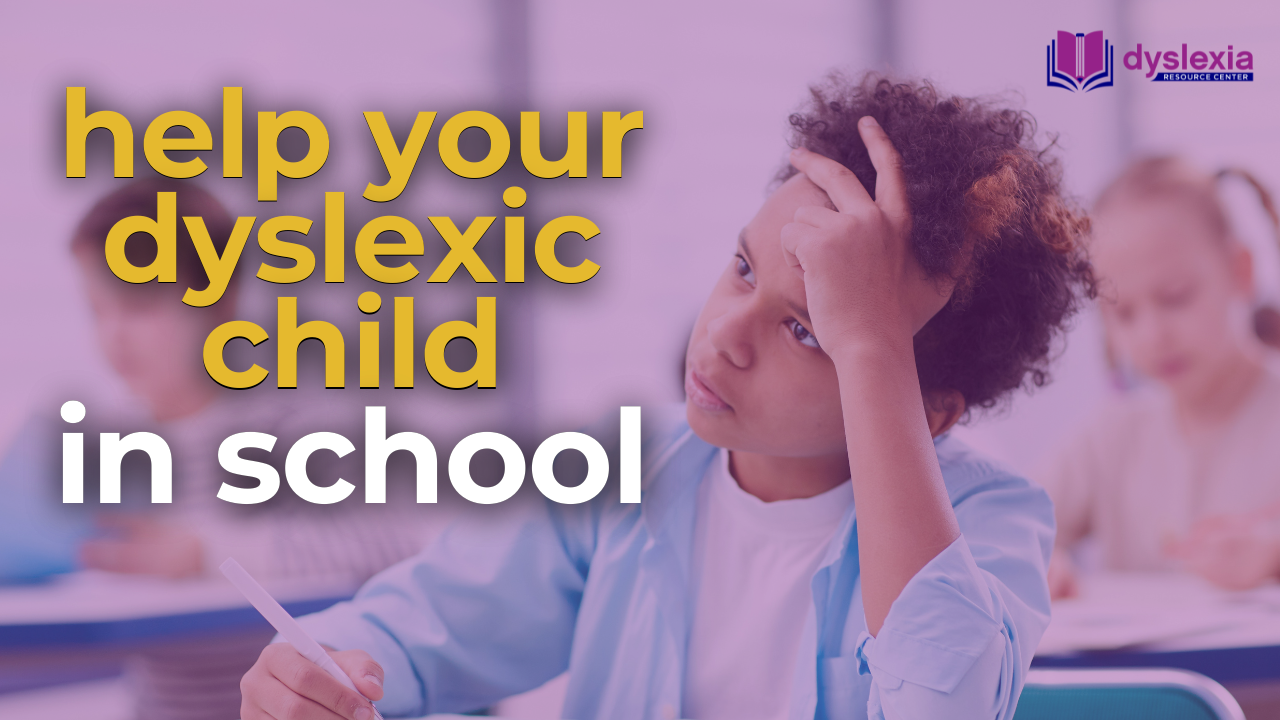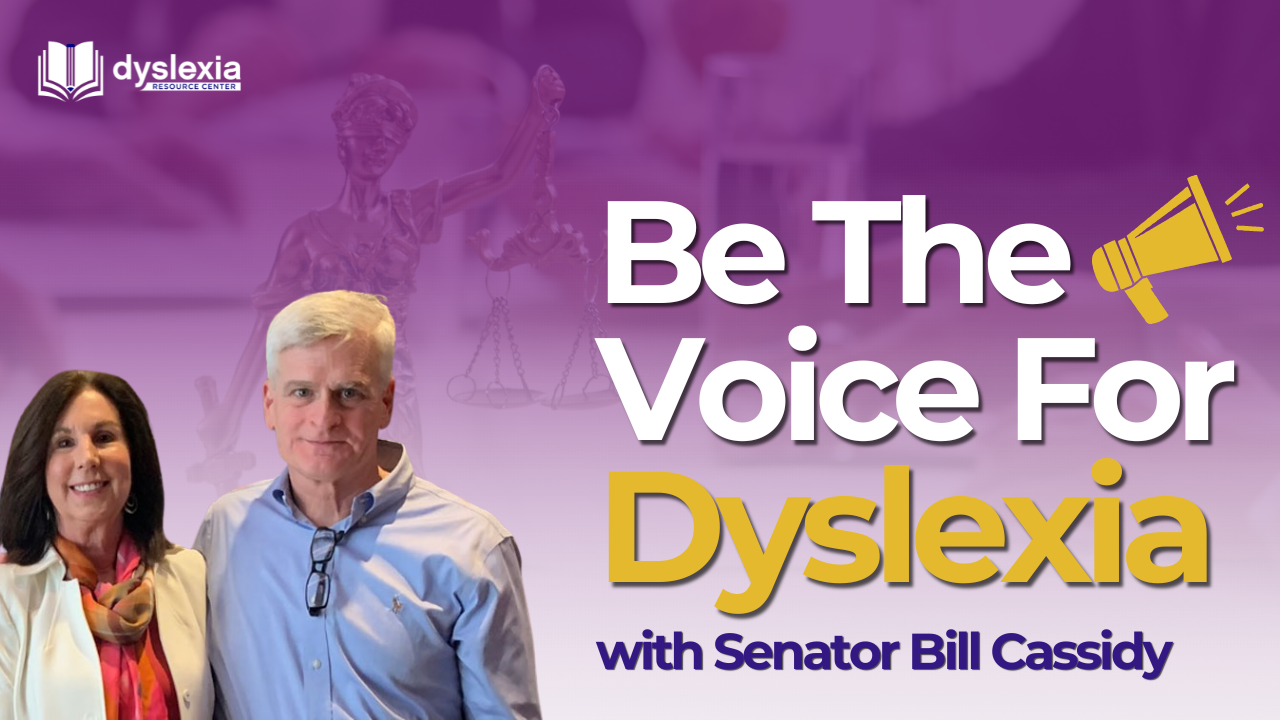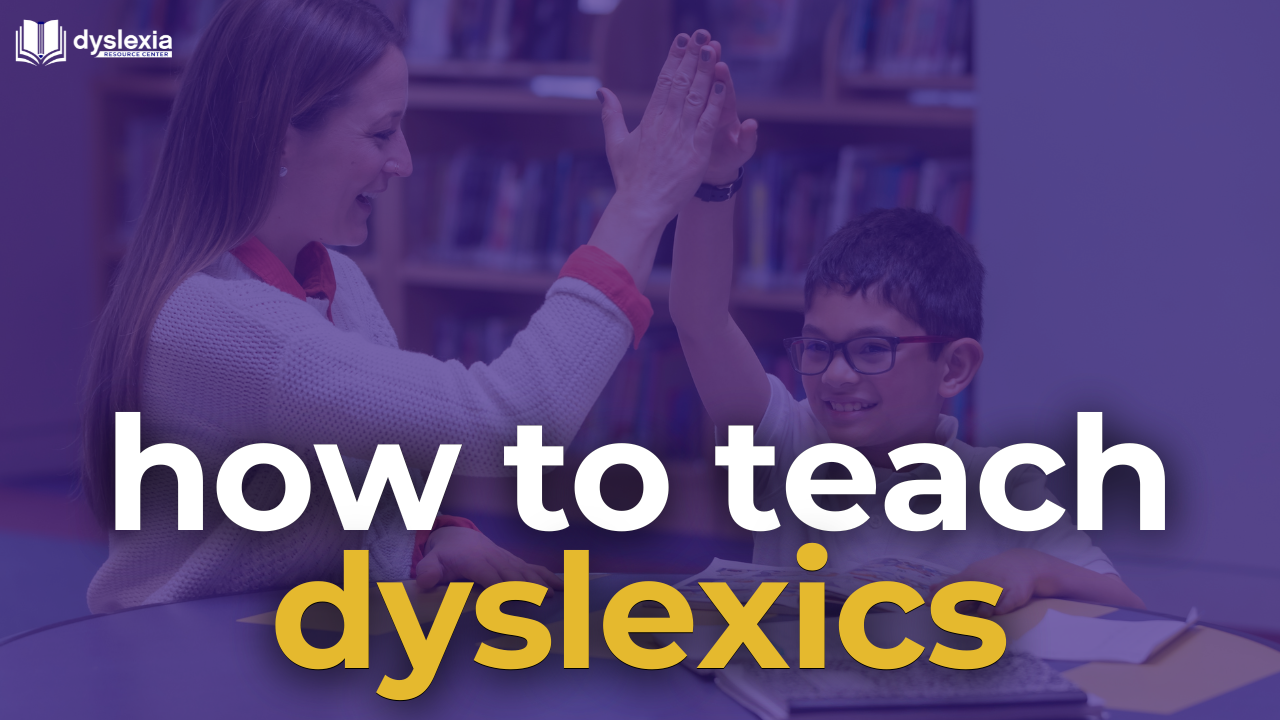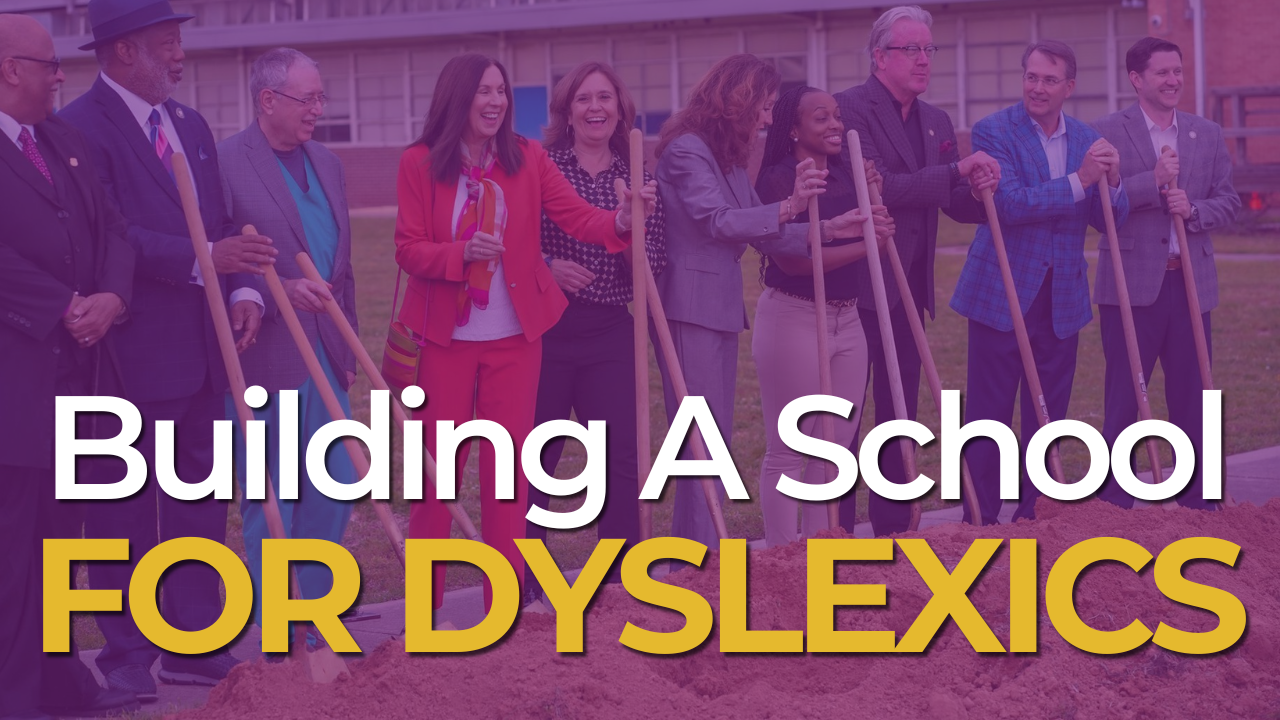Call Us (225) 384-5484
Episode 4: Navigating the Education System for Dyslexia Parents
Navigating The Education System for Dyslexia Parents
Welcome to the Dyslexia Resource Center's podcast, where we delve into topics vital for parents with dyslexic children. In this episode, we're focusing on practical advice for parents, discussing how to effectively engage with schools, understand your rights, and advocate for your child's needs.
Identifying Dyslexia
The journey often begins with a parent's observation of their child's struggles in reading, writing, and spelling. Understanding dyslexia and articulating your concerns clearly is key. Dr. Laura Cassidy emphasizes the importance of documenting your child's challenges, from handwriting samples to observations of reading difficulties. Armed with this information, you can initiate constructive conversations with teachers.
Navigating School Interventions
Cassidy highlights the common scenario where schools might place struggling students in Response to Intervention (RTI) programs without identifying dyslexia. While RTI provides additional support, it may not address the specific needs of dyslexic learners. Parents are encouraged to advocate for dyslexia testing, asserting their right to evaluation at any time.
Understanding Accommodation Plans
Once dyslexia is identified, parents face decisions regarding accommodation plans: 504 or Individualized Education Program (IEP). Cassidy delineates the differences, emphasizing the legal protections and tailored support provided by an IEP, especially for younger students. However, she stresses that both plans play crucial roles in supporting dyslexic students' academic success.
Building Relationships with Educators
Effective communication with teachers and administrators is paramount. Cassidy underscores the importance of fostering positive relationships, educating educators about dyslexia, and ensuring consistent implementation of accommodations. Additionally, she encourages parents to seek out supportive communities of other dyslexia parents for mutual encouragement and advocacy.
Empowering Dyslexic Students
Central to the discussion is the empowerment of dyslexic students. Cassidy advocates for an educational environment that nurtures their strengths, acknowledges their challenges, and fosters positive self-esteem. By understanding their legal rights and collaborating with schools, parents can create supportive learning environments where dyslexic students can thrive.
Looking Ahead
As the podcast concludes, Cassidy hints at our next episode exploring the legal rights of dyslexic students, underlining the importance of informed advocacy. With resources like the Dyslexia Resource Center and supportive communities, parents can navigate the educational system with confidence and advocate effectively for their dyslexic children.
In closing, the journey of supporting a dyslexic child in school may seem daunting at first, but with knowledge, collaboration, and perseverance, it becomes a path toward empowerment and success. So, let's embark on this journey together, armed with insight and determination, for the benefit of dyslexic learners everywhere.
💡DYSLEXIA RESOURCES WE RECOMMEND
→ Overcoming Dyslexia (2nd Ed.) by Dr Sally Shaywitz
→ Overcoming Dyslexia Course by Dr Sally Shaywitz
→ Special Education Law (2nd Ed.) by Peter & Pamela Wright
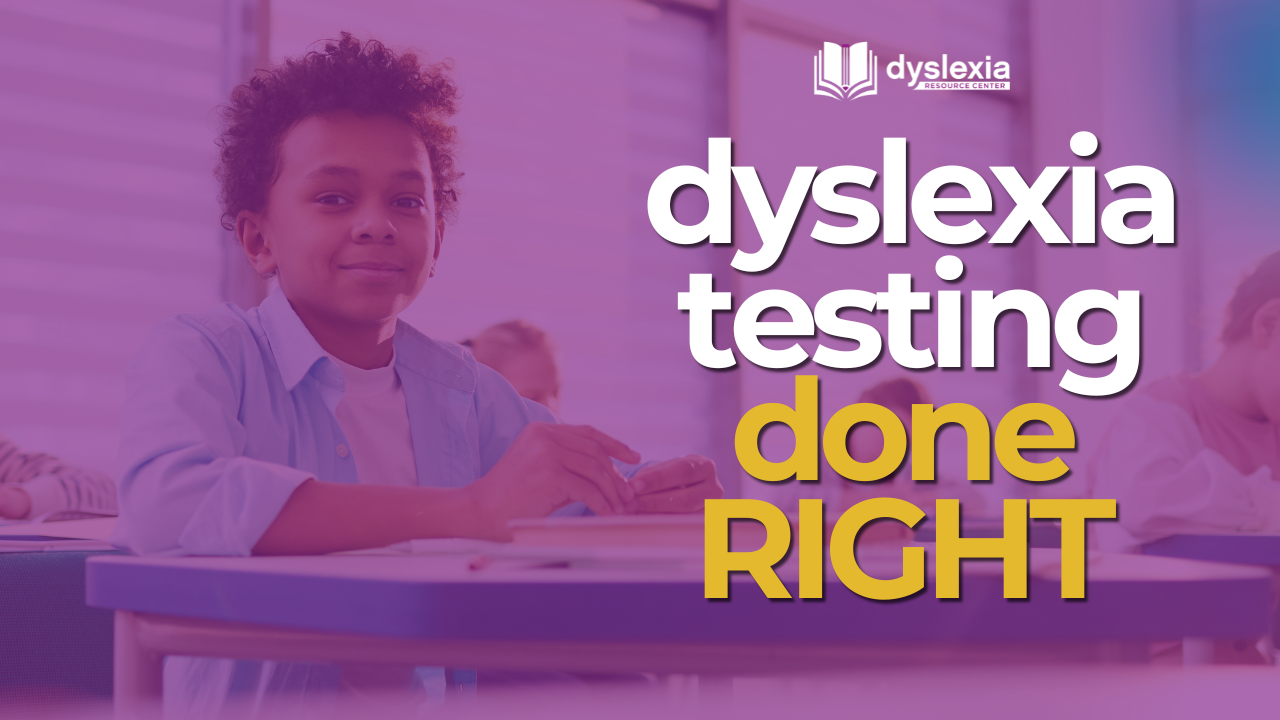
Quick Links
What is Dyslexia?
Dyslexia Services
WHO WE ARE?
The Dyslexia Resource Center was started by a group of concerned parents, medical doctors, and advocates who simply want everyone to know the truth about dyslexia, based on the most current science, and how that knowledge can translate into success in the classroom.
WHAT IS DYSLEXIA?
An unexpected difficulty in reading for an individual who has the intelligence to be a much better reader.
All Rights Reserved | Dyslexia Resource Center

